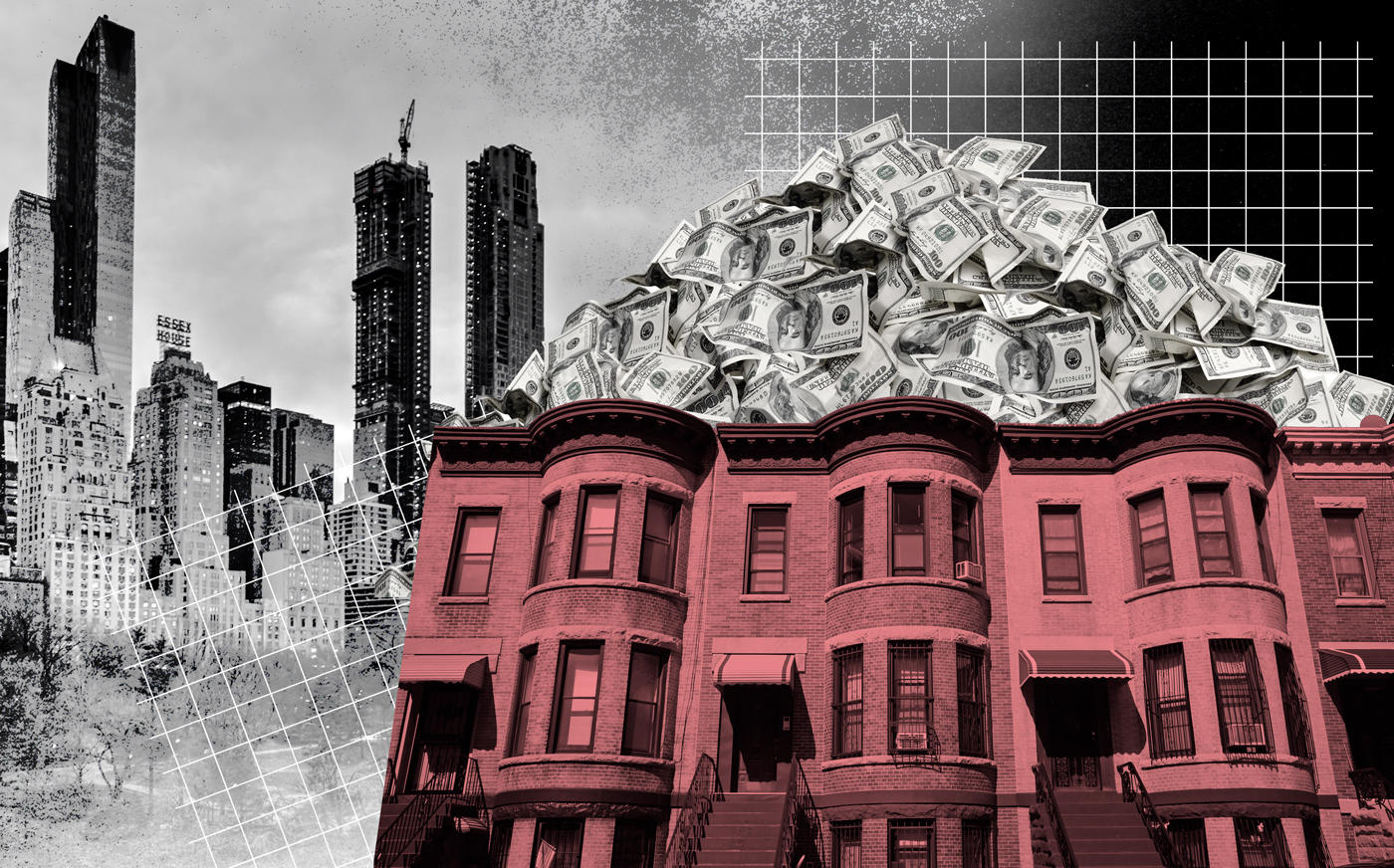Last year’s rent reforms were a gut punch for multifamily market values in New York. But don’t expect that to be reflected in lower property tax bills just yet.
That’s because property taxes due July 1 will reflect 2018 rental income, mostly collected before the power dynamic in Albany was upended and legislators ushered in some of the most aggressive rent reforms in decades, including the abolishment of the vacancy bonus, luxury decontrol and rent increases for building-wide improvements.
Those changes had an immediate and lasting impact on how much income properties generated and what they traded for. But only 57,000 property owners challenged their property-tax assessments by the March 1 deadline — no more than last year, a Department of Finance spokesperson said.
“From a market value standpoint — how much people buy and sell buildings for — [the law] decreased property values because there’s less upside,” said Benjamin Williams, an attorney at Rosenberg & Estis. “But for the city’s assessment purposes, they don’t look at the future. It’s just a snapshot in time.”
Few of those petitions will eventually be successful, and even if the challenges do hold up, the tax rate resets to the previous level after one year. As a result, many larger landlords challenge their tax assessments annually as a matter of course, said Jeff Golkin, a veteran tax attorney. Since in-person tax hearings have been halted during the pandemic, the chances that those challenges will be successful is diminished, he argued.
“People have a constitutional right to have a proper review in dire circumstances like 9/11, the assessor bribery scandal, the pandemic, new rent regulations,” Golkin said. “You don’t just plow through 57,000 cases — there’s no replacement for personal hearings.”
Politicians often publicly distance themselves from real-estate interests, with developers and landlords key rhetorical targets for those looking to curry favor with renting voters. However, the city’s coffers have benefited from past income growth in rent-regulated buildings.
Over time, the fall in buildings’ net operating incomes will be reflected in the property-tax bills, though it could take several years, according to George Sweeting, deputy director of the Independent Budget Office. And it would resemble more of a leveling off than a plunge.
“If things stay as they are, eventually there would be some adjustment toward lower values because the income is not increasing,” Sweeting said. “Eventually it will catch up, but it’s not quite there yet.”
While New York City depends on taxes from the real estate industry — real estate transfer and property taxes made up 51 percent of the tax revenue in 2019 — it accounts for a smaller proportion of revenue than in other dense cities favored by renters.
Notably, owners of rental buildings in New York City pay a net effective tax rate that is about twice what condos and co-ops pay.
“The people living in rentals … tend to be a lot lower income than the owners of co-ops and condos,” said Sweeting. “But co-ops and condos get a bigger discount relative to the market price.”
That’s one issue a task force formed in 2018 was supposed to iron out before the pandemic disrupted those plans, although past attempts to overhaul the system haven’t been successful.
